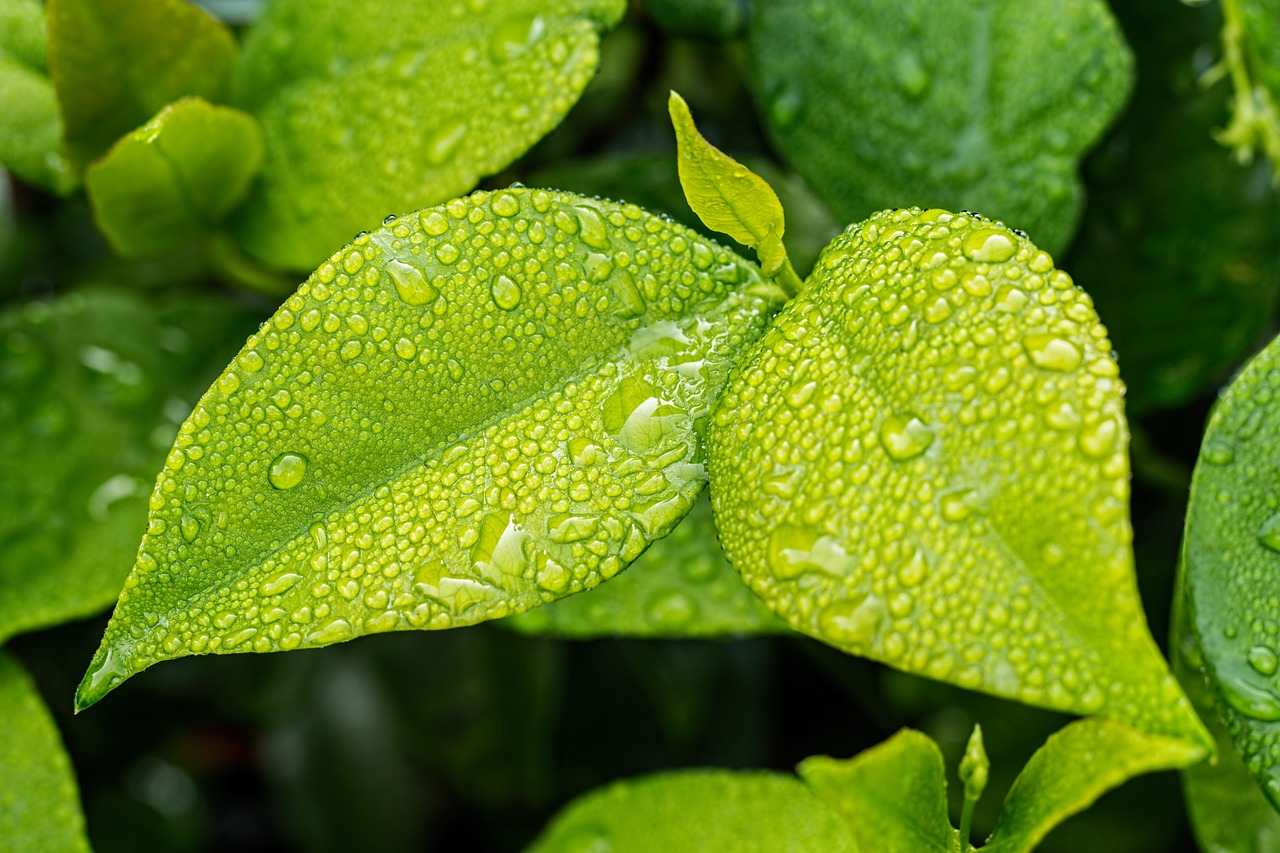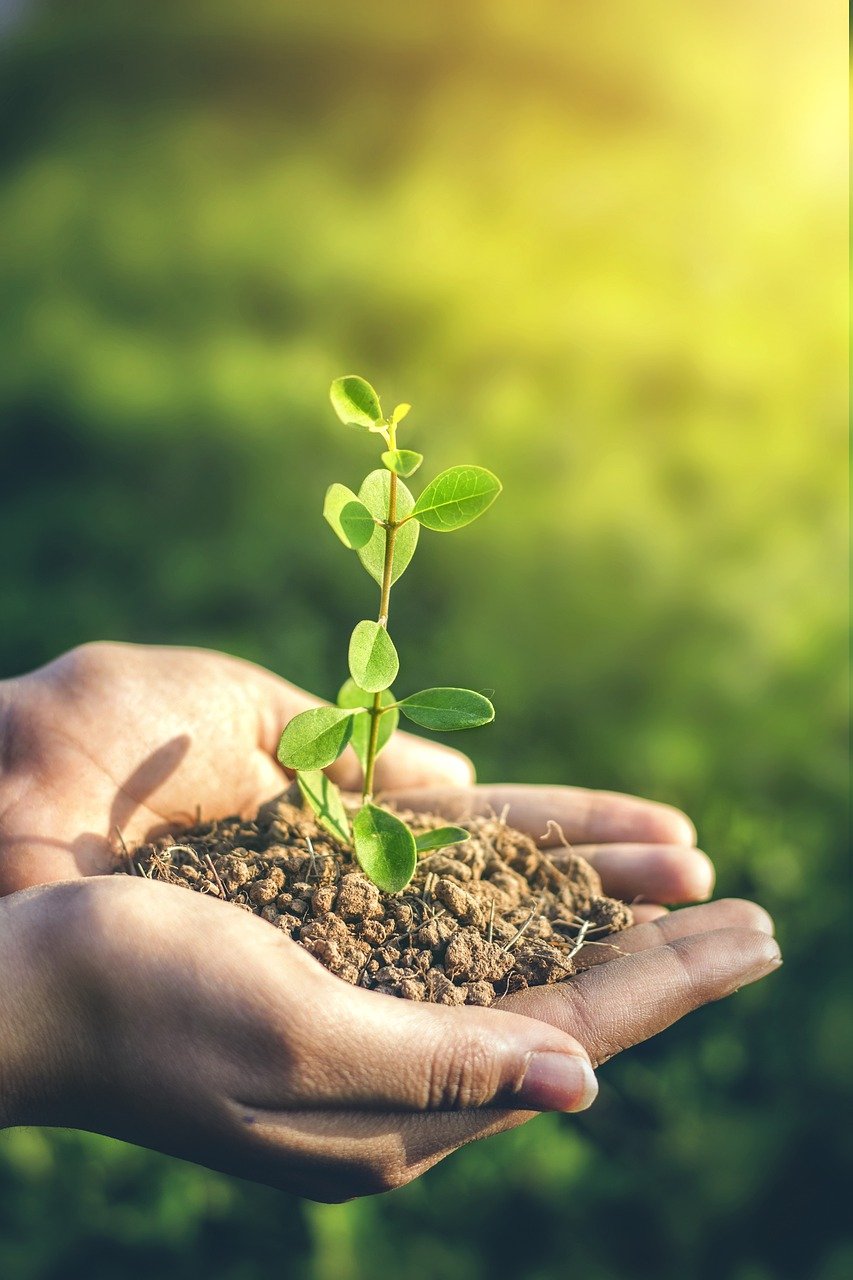
In the world of agriculture and horticulture, a hidden hero is steadily gaining recognition for its remarkable impact on plant growth, health, and overall productivity. This unsung hero is none other than “plant bio-stimulants,” and among them, chitosan shines as a potent natural compound that offers unique benefits. While fertilizers and pesticides often hog the spotlight in discussions about crop yields, it’s time to shine a light on the invaluable role that chitosan and other bio-stimulants play in sustainable and eco-friendly agriculture.
What are Plant Bio-Stimulants, Including Chitosan?
Plant bio-stimulants are a diverse group of substances that, when applied to plants or the surrounding soil, trigger various physiological responses that enhance growth, nutrient uptake, stress tolerance, and overall plant health. Chitosan, a derivative of chitin found in the shells of crustaceans, is one such bio-stimulant that has gained significant attention due to its exceptional properties.
Chitosan’s Unique Attributes:
Chitosan offers a range of benefits that make it a powerful bio-stimulant:
Pathogen Suppression:
Chitosan has natural antimicrobial properties that help suppress fungal and bacterial diseases in plants, reducing the need for chemical pesticides.
Enhanced Nutrient Uptake:
By improving the permeability of plant roots, chitosan increases nutrient absorption and utilization, leading to healthier and more vigorous plant growth.
Stress Resistance:
Chitosan triggers plant defense mechanisms, allowing plants to better withstand environmental stresses such as drought, temperature extremes, and pathogenic attacks.
Root Development:
Chitosan promotes root growth and branching, leading to improved water and nutrient absorption from the soil.
Induced Systemic Resistance (ISR):
Chitosan can activate ISR, a process where treated plants develop heightened resistance against a wide range of pathogens.
Benefits of Chitosan and Other Plant Bio-Stimulants
Improved Sustainability:
Incorporating chitosan and other bio-stimulants into agricultural practices can reduce the reliance on synthetic chemicals, promoting environmentally friendly and sustainable farming methods.
Enhanced Crop Quality:
Chitosan’s impact on nutrient absorption and stress resistance often translates into improved crop quality, including better taste, color, and nutritional content.
Increased Yields:
By optimizing plant growth and development, chitosan and other bio-stimulants contribute to higher yields, helping farmers meet growing global food demands.
Soil Health:
Bio-stimulants can improve soil structure and microbial activity, fostering healthier and more productive soils over time.
Application and Future Outlook

Chitosan can be applied through various methods, including foliar sprays, seed treatments, and soil drenches. Its versatility allows it to integrate seamlessly into existing agricultural practices, benefiting a wide range of crops.
As agriculture continues to evolve, the importance of bio-stimulants like chitosan cannot be overstated. They align with the principles of sustainable and precision agriculture, offering a bridge between conventional practices and environmentally conscious approaches. Ongoing research in plant science and biotechnology is likely to uncover even more potential uses for chitosan and other bio-stimulants, expanding their applications and benefits.
In conclusion, plant bio-stimulants, with chitosan at the forefront, are poised to revolutionize modern agriculture. Their ability to harness natural processes to enhance plant growth, yield, and resilience makes them invaluable tools for sustainable food production. As we strive for a greener and more sustainable future, let’s recognize the profound impact that chitosan and other bio-stimulants can have on transforming our agricultural landscapes.

